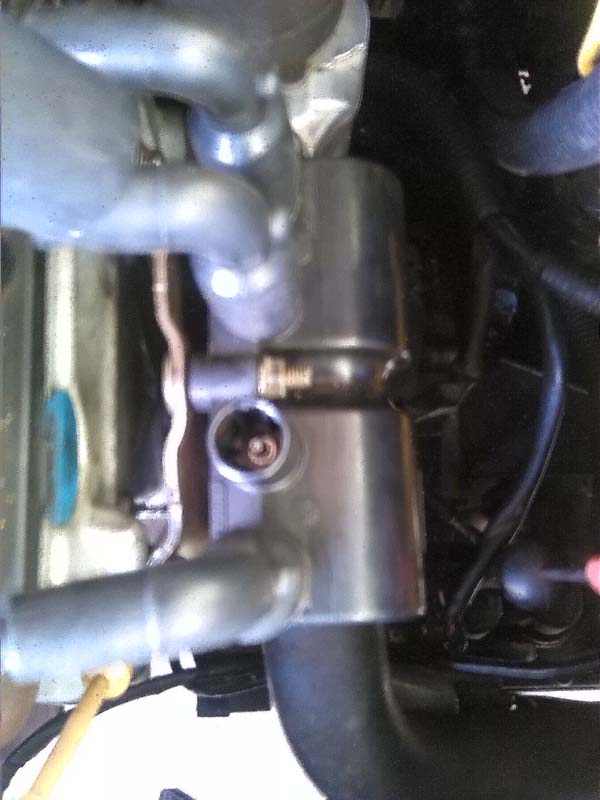Checking my coil I found some sparks coming from one of the connectors. Wonder if I should replace it, I've been having some P0300 codes.
In this pictures the sparks are traveling all around outside the connector.
In this other connector there is almost no spark.




 LinkBack URL
LinkBack URL About LinkBacks
About LinkBacks

 Porky
Porky
 Reply With Quote
Reply With Quote